However, not everyone is suitable for Apple products. Below are groups of people who should consider before deciding to buy an iPhone.
Love customization and freedom
One of the biggest drawbacks to the iPhone is its limited customization options compared to Android devices. The iOS operating system is designed as a closed system that primarily interacts with other Apple products.
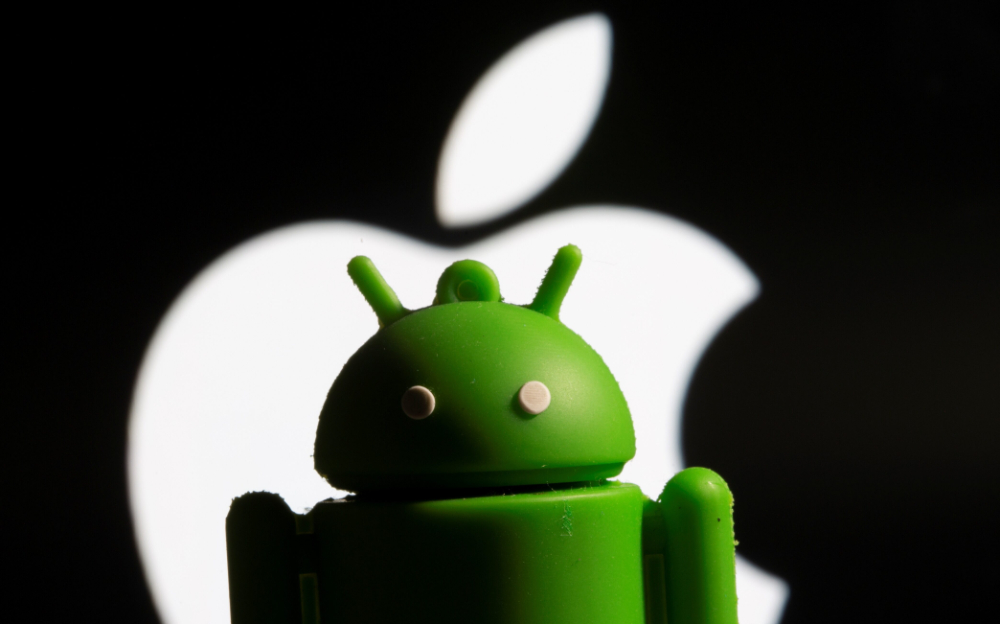
iPhone customization is less than Android
This means that users cannot download third-party launchers, change the system interface, or install apps from unofficial sources without jailbreaking their devices. If you like to have complete control over your device and want to make deeper changes, Android is the better choice.
Budget constraints
While the iPhone isn’t the most expensive smartphone on the market, most of it is aimed at the high-end segment. Meanwhile, the Android smartphone market offers a much wider range of options, from ultra-premium products to budget models.
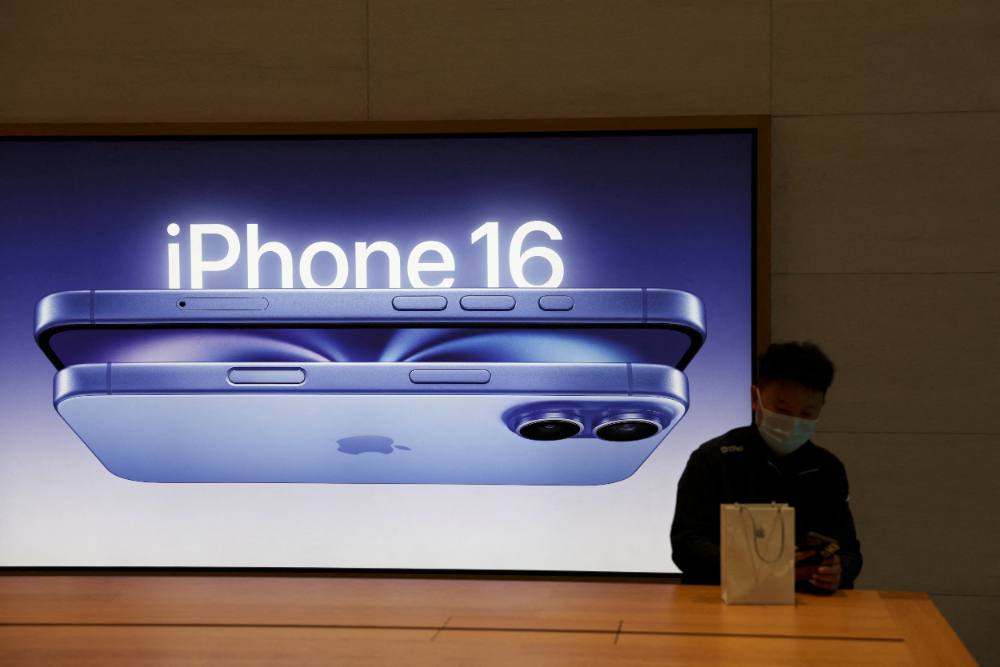
Most iPhones are in the high-end price segment.
Many mid-range Android smartphones from brands like Xiaomi, OnePlus, and Samsung often have larger batteries, high-refresh-rate screens, and faster charging speeds. To get similar features on the iPhone, users will have to pay more for the iPhone Pro models.
Open ecosystem
The Apple ecosystem works best when all of your devices are from the brand. If you own a Mac, iPad, or Apple Watch, your iPhone will integrate seamlessly. But if you use a Windows laptop, Android tablet, or other non-Apple device, the experience isn't as seamless.
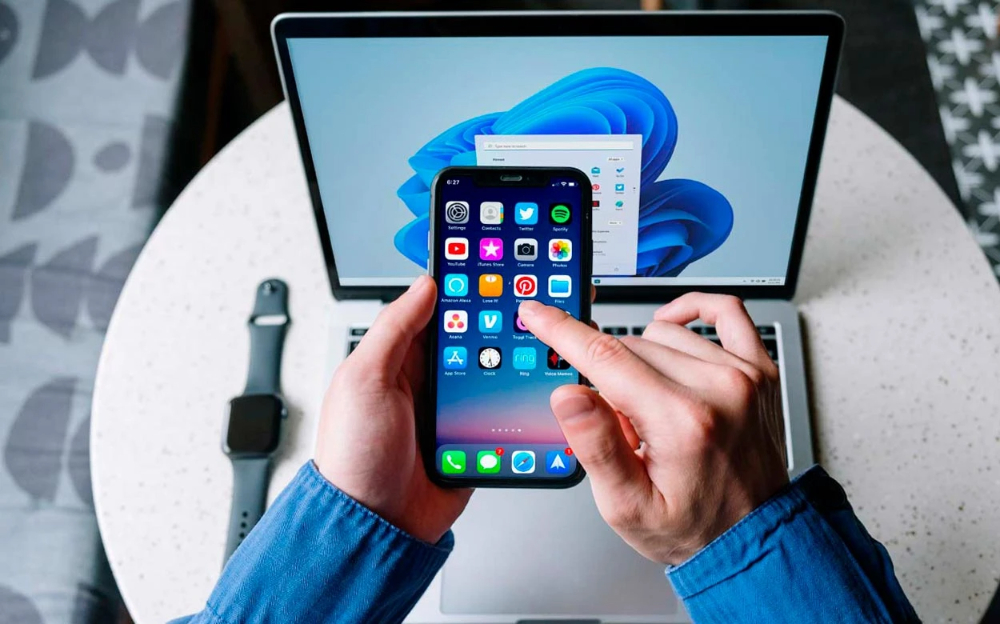
The Apple ecosystem is much more closed than Android
In contrast, Android allows users the freedom to choose between different brands and platforms without being tied to a single ecosystem. For example, Google services work well on both Windows and Android devices, which makes it convenient for cross-platform users.
In short, consumers should carefully consider their personal needs and preferences before deciding whether to buy an iPhone or not.
Source: https://thanhnien.vn/nhom-nguoi-dung-nao-nen-tranh-mua-iphone-185250205161645944.htm
























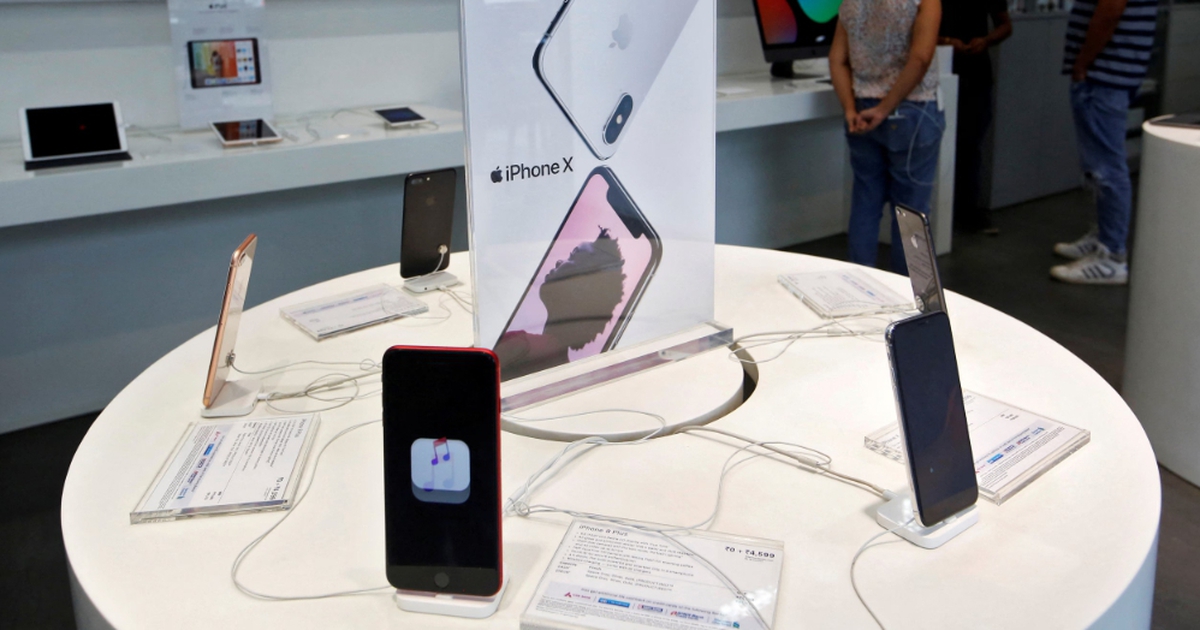
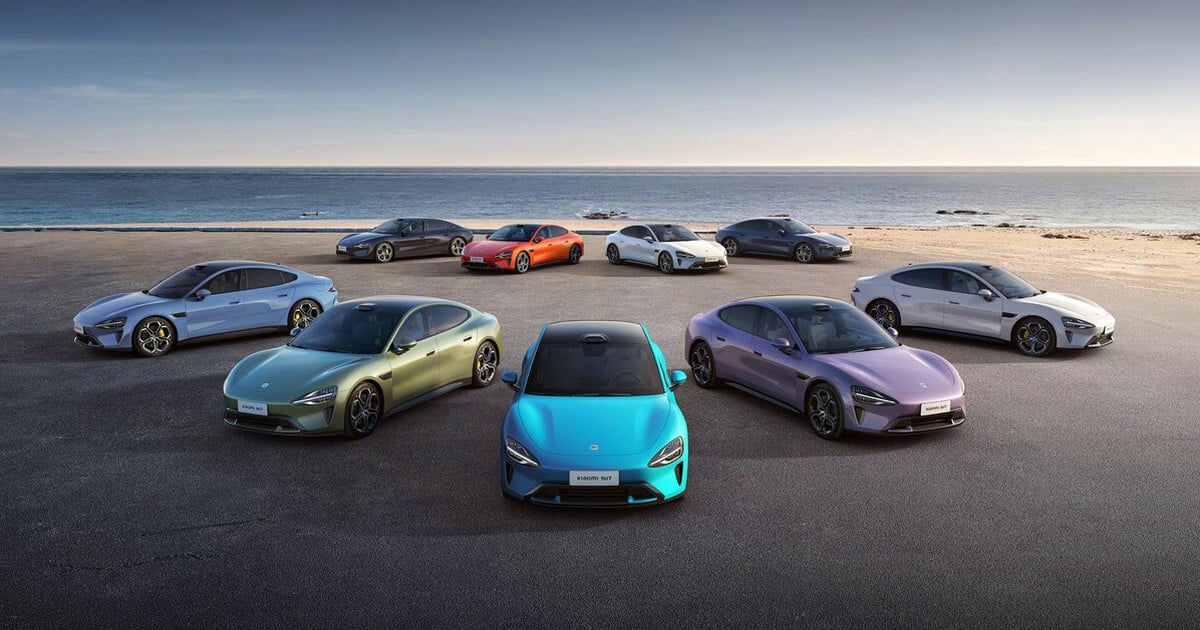
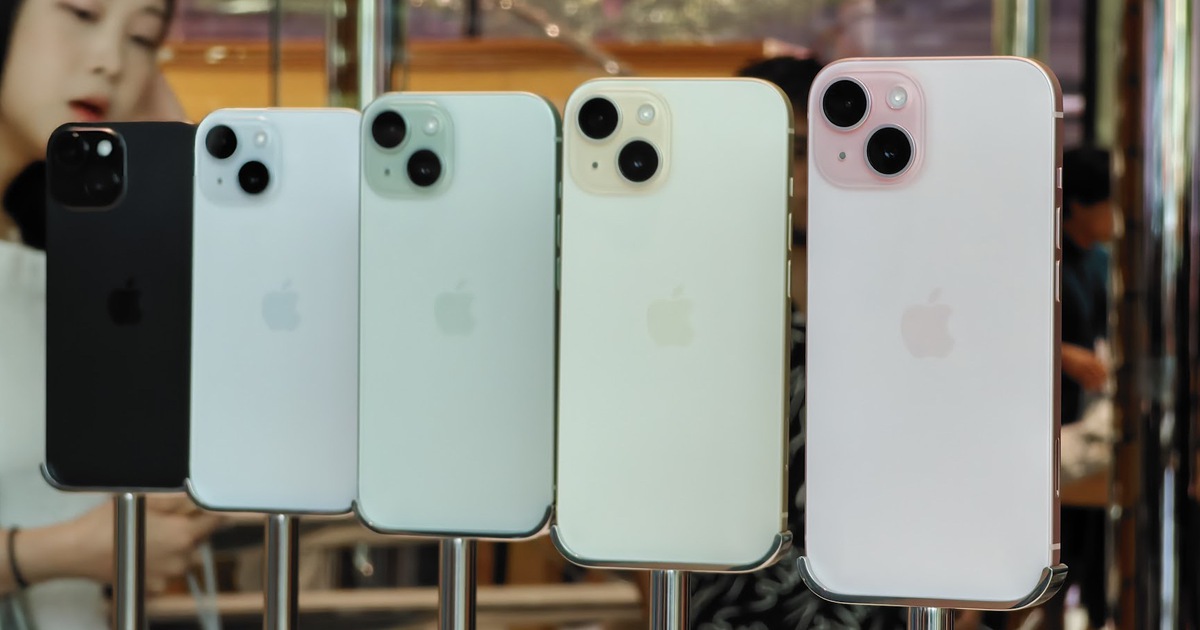



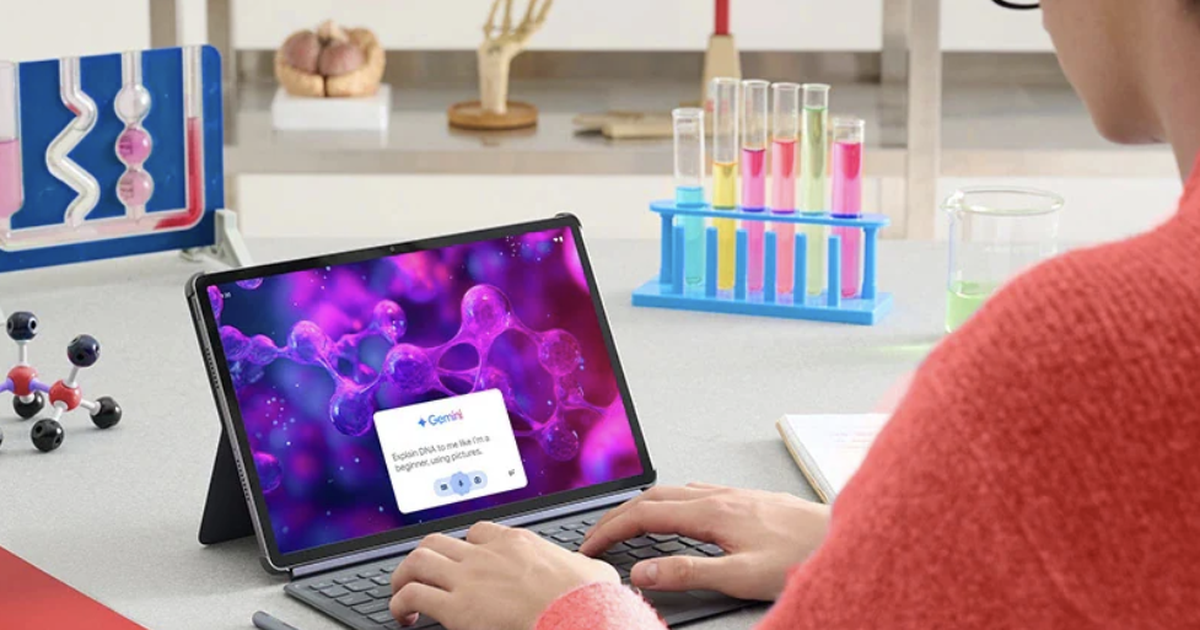
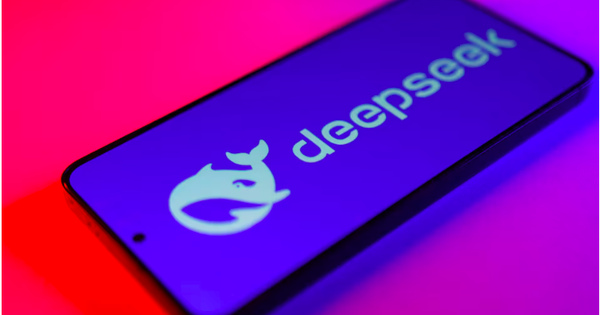

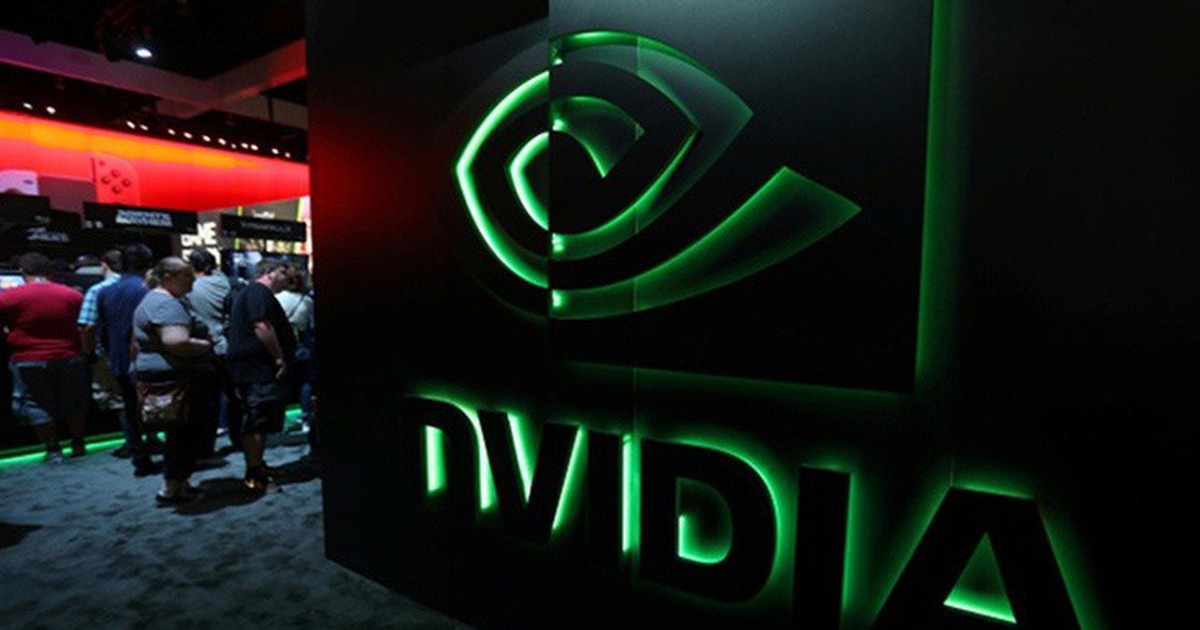



















Comment (0)